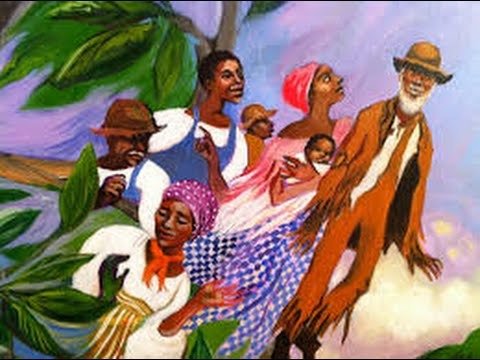Time Fellowship Guided Practice
Overview
I facilitated our weekly fellowship session on the topic of time. Though the dialogue is archived in Its In Scope’s formal recordings, I wanted to archive them here, as well, so that other readers could reflect.
Time is very tricky and I wasn’t really sure where to go.. there are a million different directions one could go in when engaging time. Here’s how I organized my thoughts.
Time Theory
* What Is Time (Article, 2022)
“Time is the apparent progression of events from past to future. While it's impossible to completely define the nature of time, we all share many common experiences bound by time: Causes lead naturally to effects, we remember the past but not the future and the evolution of time appears to be continuous and irreversible.”
Reflection Question: What is time to you? Can you travel into the past?
Reflection Question: Do Black people think about time travel differently? What do you think about the grandfather paradox vs. the Black Grandmother paradox?
Creative Pieces for Reflection
Time and Black Life
* Sha Clack Clack (Poem, 1998, Saul Williams)
* We Real Cool (Poem, 1959, Gwendolyn Brooks)
* We Real Cool (Video, 2017, Gwendolyn Brooks) Created by Manual Cinema in association with Crescendo Literary, with story by Eve Ewing and Nate Marshall and music by Jamila Woods and Ayanna Woods.
* A Love Song for Latasha (Trailer, 2022)
* The Black Progress Index (Data)
Black Time Theory
* Revisiting the Legend of Flying Africans by Sophia Nahli Allison c/o The New Yorker (Article, 2019)
* Story Time: Tar Beach by Faith Ringgold c/o MoMA (Article, 2020)
* Black Grandmother Paradoxes (Article)
Discussion Questions
Orienting Ourselves into Time
1. What is time to you? What is time presents time as linear, but what is your personal experience with and definition of time? Time is the apparent progression of events from past to future. While it's impossible to completely define the nature of time, we all share many common experiences bound by time: Causes lead naturally to effects, we remember the past but not the future and the evolution of time appears to be continuous and irreversible.
2. What does time feel like in your mind and body?
3. What are some ways that you mark the passage of time in your personal practice?
Diving Into the Content
4. Time is presented as something linear and chronological, but Black time is different. For example, the grandfather paradox vs. the grandmother paradox. Open reflections about these principles, the contrasts between them… and/or, how often do you live in the present, the past, the future, the near future? What are those engagements like for you and your body?
5. Tools of transportation. As a child I loved The legend of the flying Africans. I would get books like Tar Beach and the People Could Fly and just imagine myself flying. Are there tools of time transportation that you use in your personal imagination, healing or freedom practices?
6. What are collaborative time travel practices? How can we time travel together?
7. Archives as time travel. In Sophia Nahli Allison’s piece… she writes “I explore the legend of flying Africans—a story, existing on the edge of dream and memory, about enslaved Africans who could lift up and fly home.” What stories exist on the edge of dream and memory in your imagination?
8. How is Black time different? Longer, shorter? Simultaneous? In addition to the grandmother paradox, what other Black time concepts come to your mind?
9. Saul Williams talks about being “infected by time”, what does this mean? How are Black people haunted by time? Is there a way that we can evade such haunting? Could we imagine Flying Africans together?
10. This was my own time capsule marked by grief and the hope of transcendence. But for your time capsule, what artifacts might you add for our discussion and engagement?

